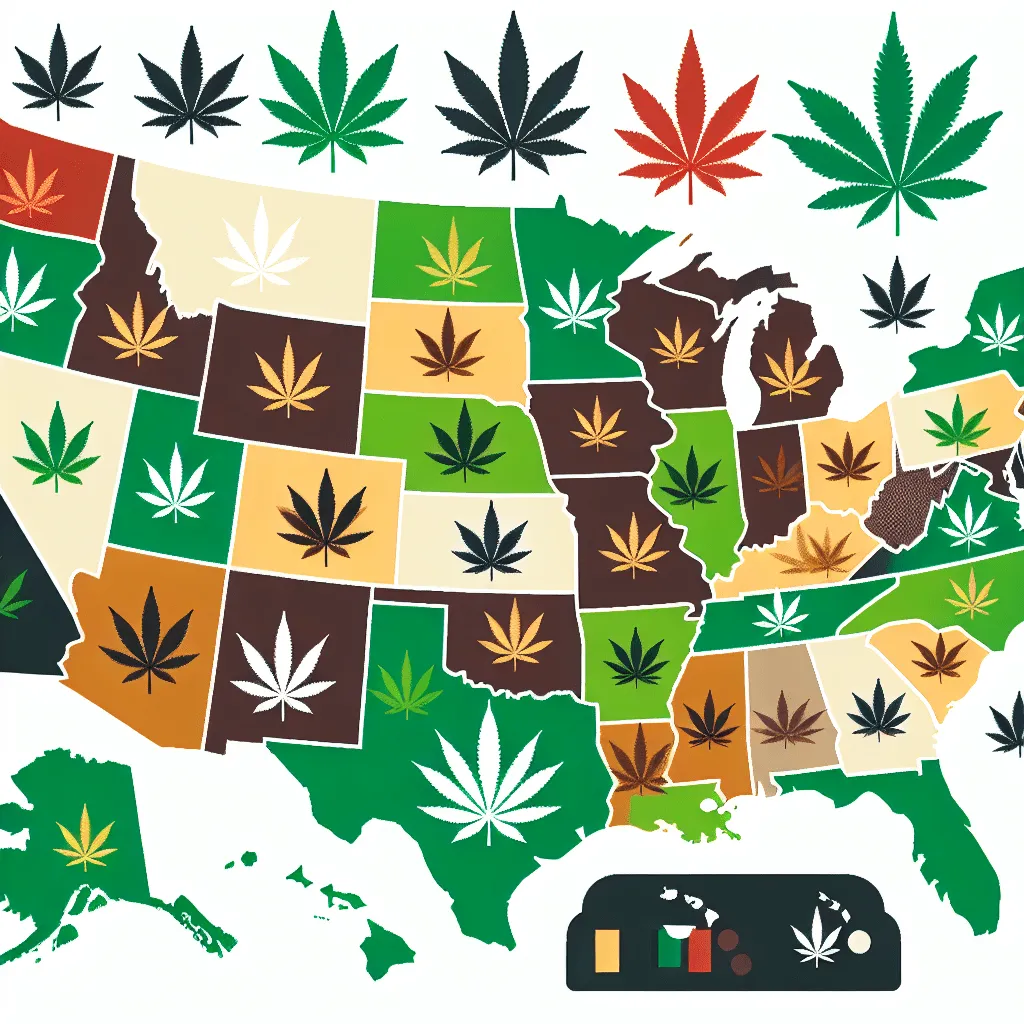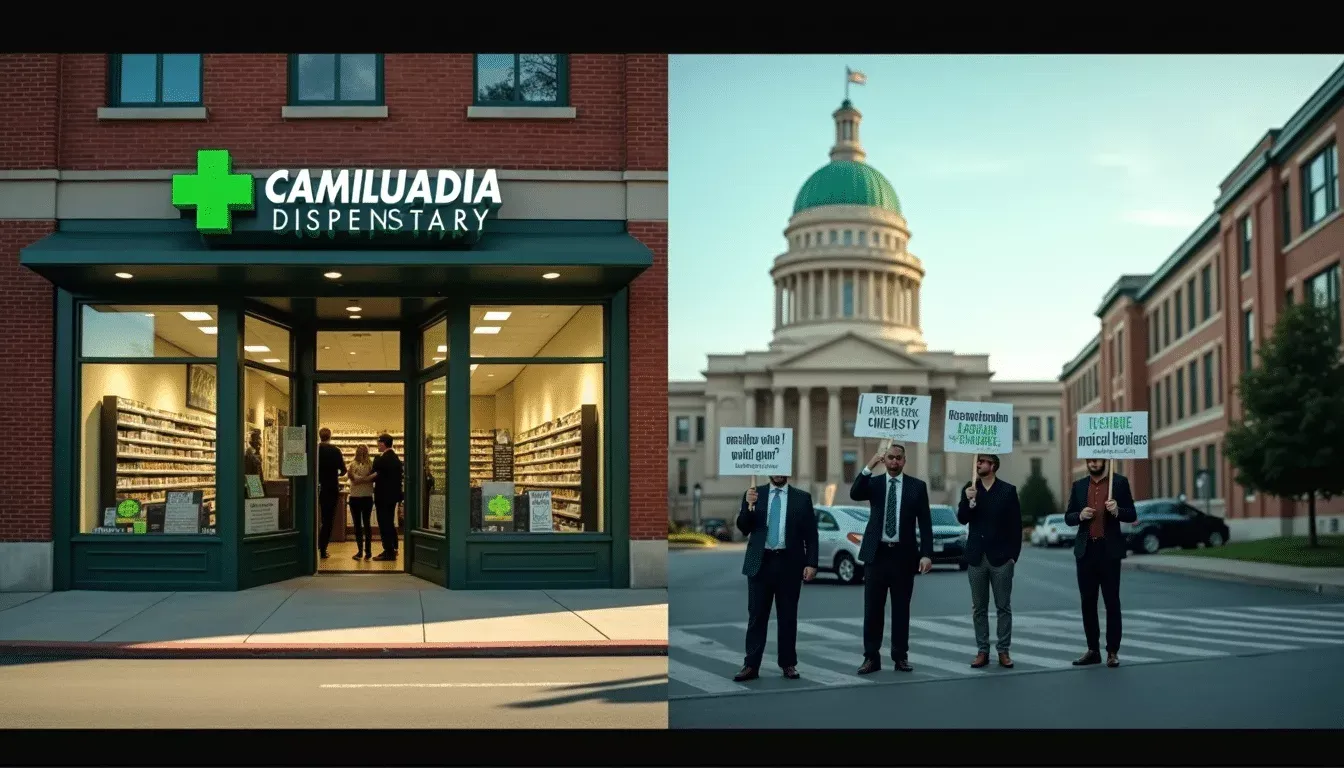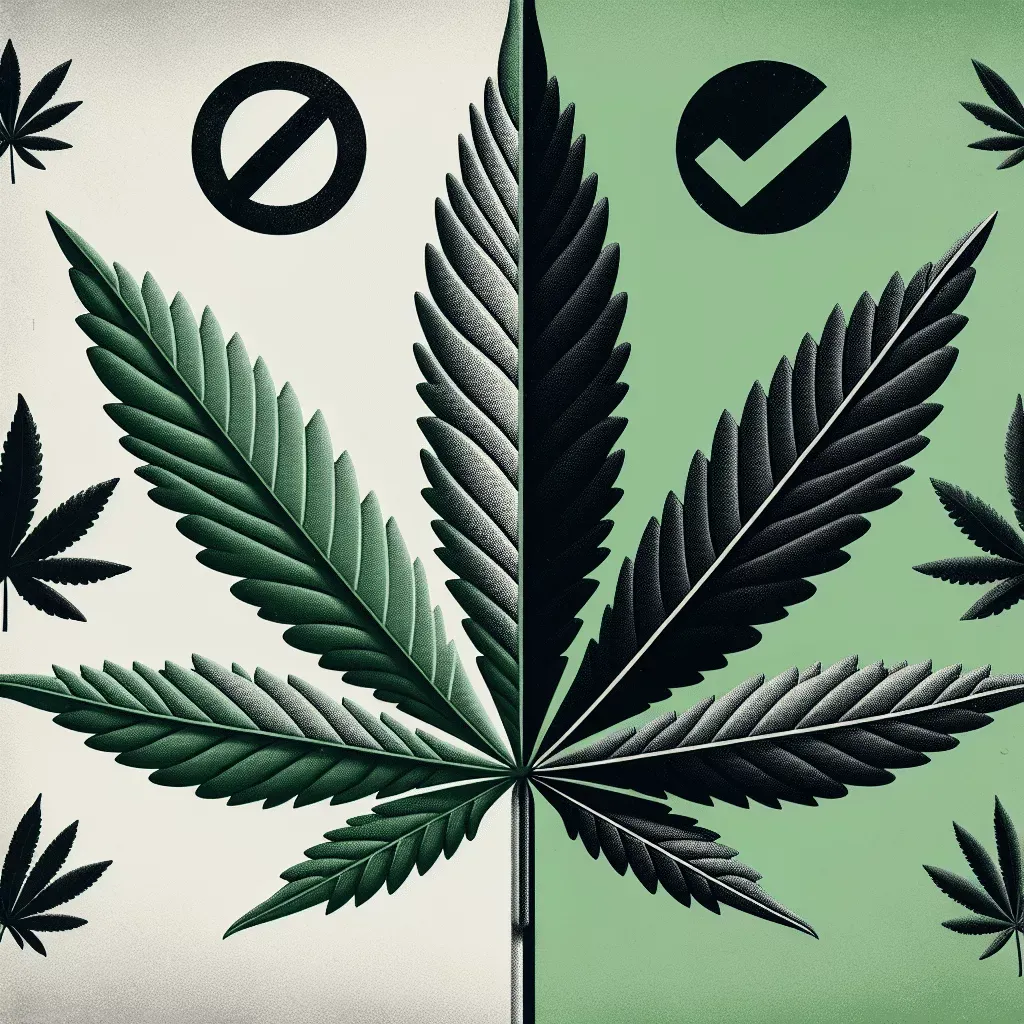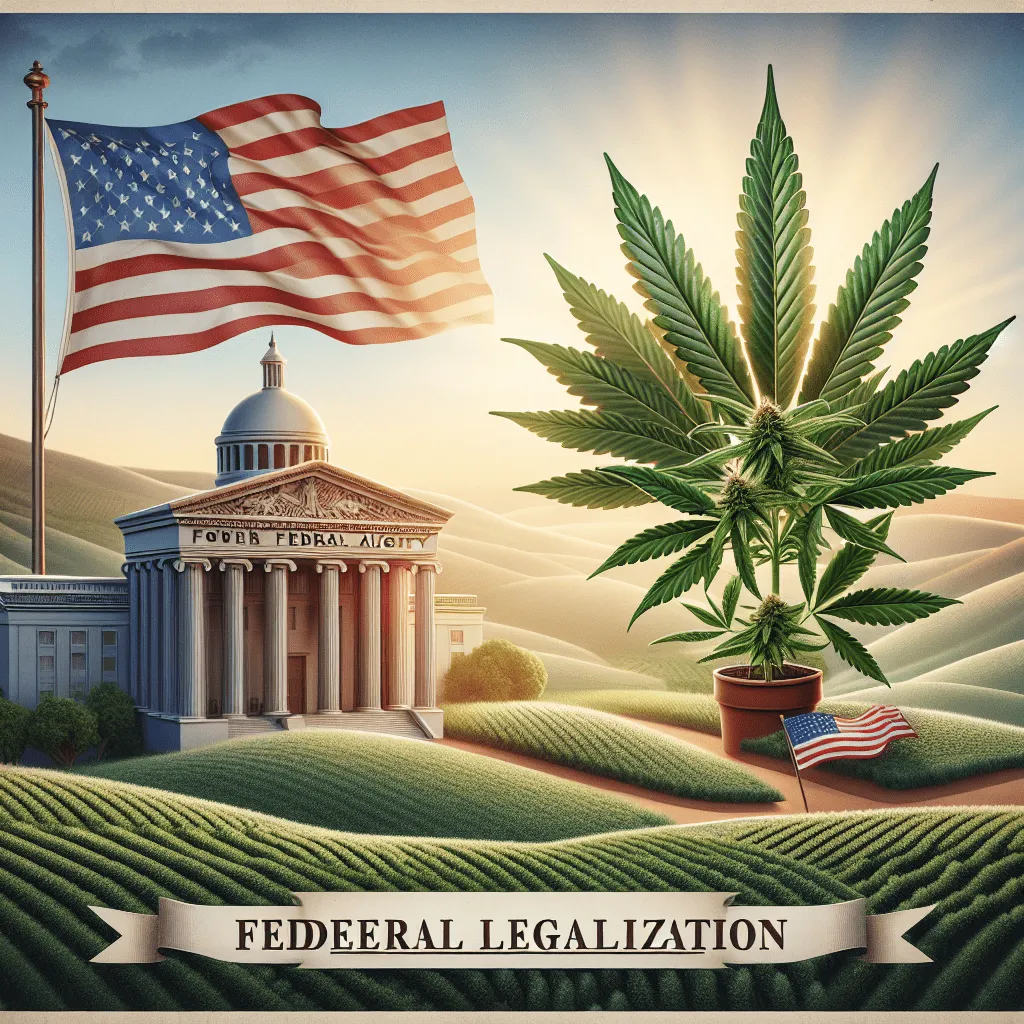Understanding Cannabis Possession Penalties
The landscape of cannabis legislation in the United States has seen a dramatic transformation over the last two decades. Once stigmatized and strictly illegal, cannabis use has witnessed a surge in legalization for both medicinal and recreational purposes. However, despite this progressive shift, many states still impose stringent penalties for cannabis possession, making it crucial for users to understand the legal ramifications in their jurisdictions. In this guide, we’ll delve into what cannabis possession entails, evaluate the risks and benefits of legalization, and provide practical advice on navigating these often murky waters.
Cannabis Possession: What It Means
Cannabis possession refers to the act of having marijuana in one’s physical control, irrespective of its intended use—be it recreational, medicinal, or otherwise. With the federal government still classifying cannabis as a Schedule I substance under the Controlled Substances Act, state laws vary significantly.
In states where cannabis is legal, the legal possession limits often differ based on factors such as age, amount, and whether the cannabis is for recreational or medical use. Understanding these nuances is vital, as possessing an amount above the legal limit can lead to serious consequences, irrespective of any changes to state laws.
For example, in California, individuals aged 21 or older are allowed to possess up to one ounce of cannabis for personal use. However, in states like Idaho, cannabis possession remains illegal, making any amount punishable by misdemeanor charges or worse. This discrepancy highlights the necessity of being informed about your state’s regulations.
The Implications of Cannabis Possession Laws
The shifting landscape of cannabis legislation brings both benefits and risks. On one hand, legalization offers numerous social and economic advantages—such as tax revenue generation, job creation, and public health benefits through regulated usage. A 2020 report from the Marijuana Policy Project noted that states with legalized cannabis saw over $7 billion in tax revenue.
However, the patchwork of possession penalties retains significant risks for users. For instance, even in states where cannabis is legal, restrictions remain around public usage, growing one’s own plants, and transporting cannabis across state lines. Violations can result in steep fines or even jail time. For example, in many states, possessing cannabis in public could lead to fines ranging from $100 to $500, and repeated offenses may result in harsher penalties.
Moreover, having a criminal record related to cannabis can have enduring consequences, affecting employment opportunities, housing options, and even parental rights. According to a 2019 ACLU report, Black individuals are 3.64 times more likely to get arrested for cannabis possession than white individuals, highlighting the systemic issues that persist even in a more lenient legal environment.
Navigating Cannabis Laws: Practical Advice
Understanding and adhering to cannabis possession laws in your state is essential for avoiding legal repercussions. Here are some actionable tips to navigate these laws effectively:
- Research Local Laws: Stay updated on your state’s cannabis laws, as they can change frequently. State government websites or local cannabis advocacy organizations are excellent resources for accurate information.
- Know the Limits: Familiarize yourself with the legal limits for possession based on your age and intended use. Although personal use is essential, overshooting the limits can lead to severe penalties.
- Be Aware of Public Spaces: Understand your state’s laws regarding public usage. Some states, while allowing possession, strictly prohibit public consumption. This can lead to citations or even arrest.
- Keep Documentation Handy: If you are in a state where cannabis is legal, carrying your medical cannabis card or proof of purchase might be beneficial, particularly when traveling. It demonstrates an understanding of the law and can potentially avert misunderstandings with law enforcement.
- Stay Informed on Transportation Rules: If traveling across state lines, remember that cannabis remains illegal federally and in many states. Even if you are traveling from one legalized state to another, check the laws of all states along your route.
For those interested in deeper learning, many states have established public forums and workshops that focus on cannabis law education. Local cannabis dispensaries often have resources or can direct you to legal experts knowledgeable about these laws.
Conclusion
The legal landscape surrounding cannabis possession is multifaceted and constantly evolving. As states grapple with the implications of legalization versus prohibition, understanding the specific laws in your area is essential for staying on the right side of the law. From knowing possession limits to understanding the fines and potential penalties, being informed empowers users and advocates alike.
As you explore more about cannabis and its legal status in your state, consider utilizing resources such as local advocacy groups, community forums, and state government websites. Share your thoughts and experiences in the comments section and stay engaged in your local community to foster a more informed dialogue on this crucial topic. After all, knowledge is not just power; it’s your best defense.
FAQ
1. What are the penalties for cannabis possession in the United States?
The penalties for cannabis possession vary by state, ranging from fines and community service to imprisonment. Some states have decriminalized or fully legalized cannabis, reducing or eliminating penalties.
2. Are there differences in penalties for minor versus adult possession?
Yes, many jurisdictions impose lighter penalties for minors, which may include educational programs or parental notification, while adults may face harsher fines or jail time.
3. Can cannabis possession lead to a criminal record?
Yes, in areas where cannabis is illegal or decriminalized, a possession charge can result in a criminal record, which may impact future employment or housing opportunities.
4. Do penalties differ for medical cannabis users?
In states with medical cannabis programs, registered medical users typically face lesser penalties, and in some cases, they are exempt from penalties for possession within legal limits.
5. What should I do if I am charged with cannabis possession?
If charged with cannabis possession, it is advisable to consult a legal professional who specializes in drug laws to understand your rights and options for defense.
Share this content:



